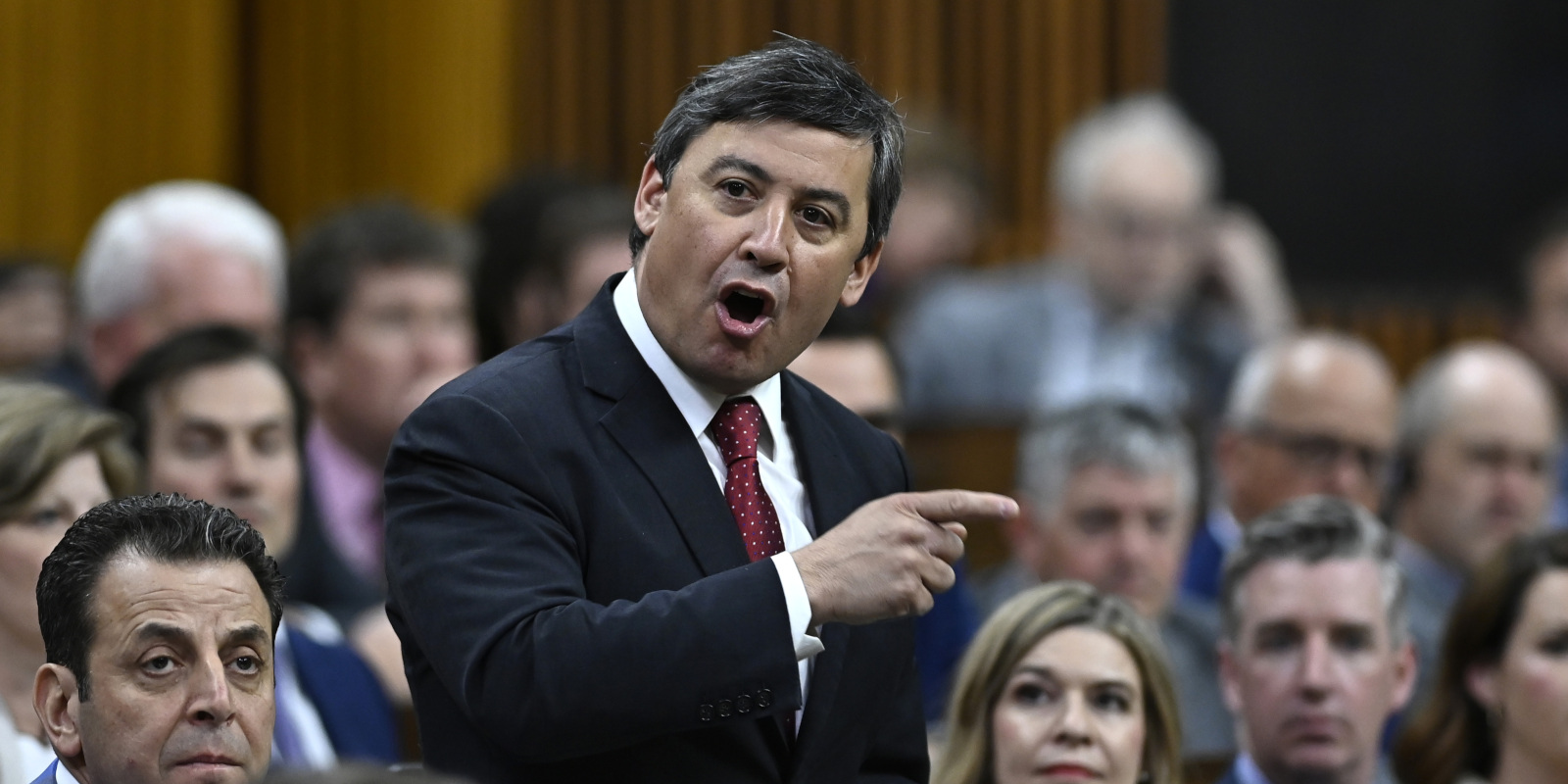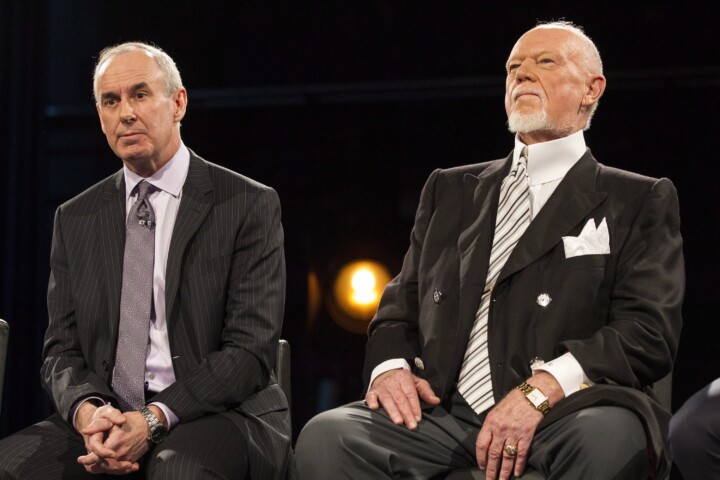Canada can learn from the British intelligence agency MI5 about how to handle intimidation campaigns against citizens and politicians, said a Canadian MP who has endured such a campaign against himself and his family.
Conservative MP Michael Chong explained that MI5 has direct communications with the Speaker of the House of Commons who can inform MPs about potential threats from foreign actors.
“I think these things clearly should have been put in place a while ago in Canada,” said Chong.
The MI5 protocols have been used to alert all British MPs when Russian and Chinese plots to interfere in British politics were discovered, he said.
Chong appeared before the Standing Committee on Procedure and House Affairs on Tuesday to discuss an intimidation campaign mounted by the Chinese government against him and his family.
Chong blamed the government, and particularly Prime Minister Justin Trudeau, for failing to inform him about the campaign, which he found out about through media reports.
“I think it’s clear that the prime minister failed to architect the machinery of government in a way that would ensure that information flowed to MPs and to the House of Commons,” said Chong.
Committee members heard that, while Chong had met with Canadian Security Intelligence Service in 2021 regarding targeted foreign interference, he says he was only informed of the intimidation campaign against his family two years later, even though CSIS had been aware of it since July of 2021.
Chong said that he, along with his family in Hong Kong, was subjected to multiple threats during the intimidation campaign but did not lay out the specific details of the threats.
On May 2, the Globe and Mail reported Trudeau had organized a meeting where CSIS head David Vigneault told Chong that he and his family were targeted by Chinese government officials in 2021. The intimidation efforts followed Chong’s sponsorship of a parliamentary motion condemning Beijing’s actions towards the Uighur minority in western China as a genocide.
Chong said the leaks on foreign interference, which have been largely reported in the Globe and Mail, reflected poorly on the federal government.
“These releases are injurious to national security and diminish the confidence Five Eyes allies have in the security of Canada’s intelligence,” said Chong. “These releases would not be happening in a system that is functioning properly, and that is the responsibility of the head of government who alone is responsible for the machinery of government.”
Chong said that if government agencies like CSIS already know there are interference and intimidation campaigns taking place, leaks to the media should not be how Canadians learn about them.
In the May 2 meeting, Vigneault also revealed to Chong that a Chinese diplomat in Toronto named Zhao Wei was involved in the intimidation campaign. Zhao was expelled on May 8 by Foreign Affairs Minister Mélanie Joly.
China reacted by expelling a Canadian diplomat from the consulate in Shanghai and warned of further retaliation if Canada took further action. A motion to have the parliamentary committee examine whether Chong’s parliamentary privilege was violated passed unanimously in the House of Commons.
Additionally, the motion called for the expulsion of other diplomats involved in foreign interference, a public inquiry into foreign interference, and the creation of a foreign agents registry. Besides Chong, many other Chinese Canadians have spoken out about being targeted for publicly criticizing the Chinese government and its policies.
“It is important to note that my case is but only one of many Canadians who have been threatened on Canadian soil by authoritarian governments and who have suffered in silence,” said Chong. “It is my hope that real change will result from what has happened, change that will strengthen our national security and intelligence to better protect all Canadians and Canadian institutions.”
Canada’s relations with China have been deteriorating since 2018 when Huawei executive Meng Wanzhou was detained in Vancouver and the Chinese government arrested two Canadians on spying charges. A Nanos Research poll released last week found 3 out of 4 surveyed Canadians held negative views about China.
Recommended for You

Falice Chin: A tale of two (Poilievre) ridings

‘We’re winning the battle of ideas’: Conservative MP Aaron Gunn on young men moving right, the fall of ‘wokeness,’ and the unraveling of Canadian identity

The Notebook by Theo Argitis: Mark Carney’s first major tests

The Weekly Wrap: Trudeau left Canada in terrible fiscal shape—and now Carney’s on clean-up duty




